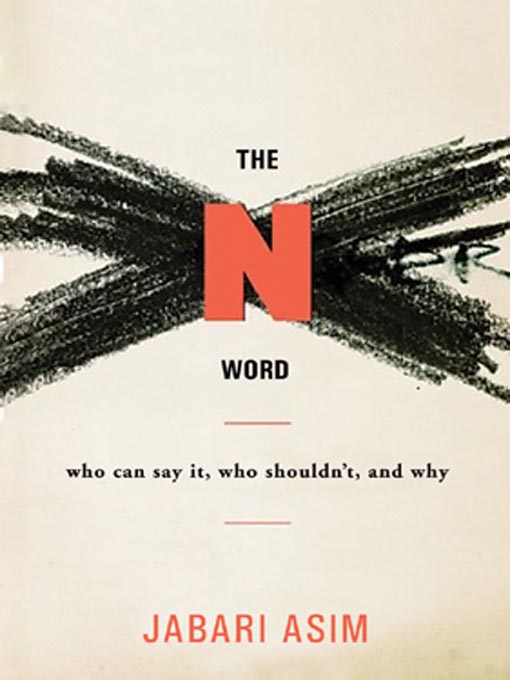In The N Word, a renowned cultural critic untangles the twisted history and future of racism through its most volatile word.
In 2003, the book Nigger started an intense conversation about the use and implications of that epithet. The N Word moves beyond that short, provocative book by revealing how the word has both reflected and spread the scourge of bigotry in America.
Asim claims that, even when uttered by hipsters and hip-hop icons, the slur helps keep blacks at the bottom of America's socioeconomic ladder. But he also proves there is a place for this word in the mouths and on the pens of those who truly understand its twisted history—from Mark Twain to Dave Chappelle to Mos Def. Only when we know its legacy can we loosen this slur's grip on our national psyche.


